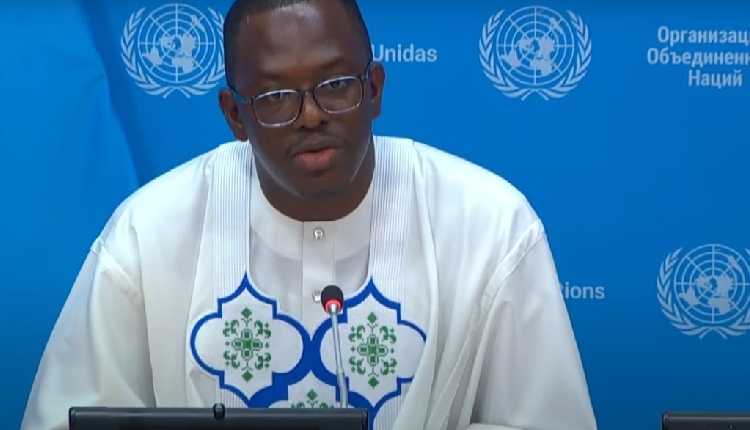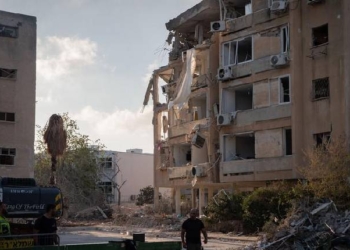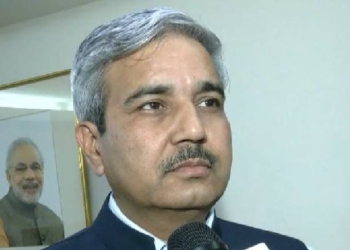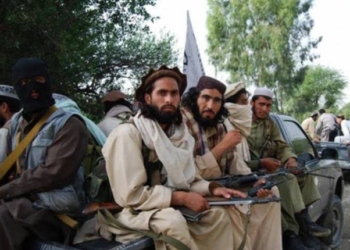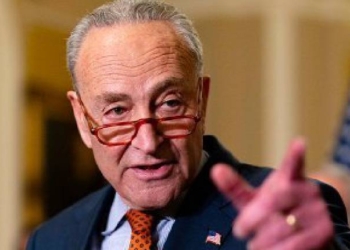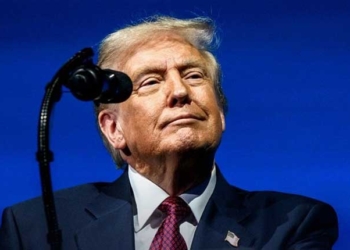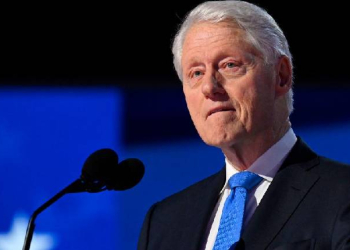United Nations: For the first time, the UN Security Council will discuss reforming itself with the aim of building momentum for the long-stalled reform process, Council President Michael Imran Kanu has said.
Although the negotiations for reform are taking place in the General Assembly, bringing the matter to the Council is “really to elevate the discussion” and get support for rectifying historical injustices, Sierra Leone’s Permanent Representative Kanu told reporters on Thursday after his country took over the Council’s rotating presidency for this month.
“In the process to get reform, we need all of the permanent five members to agree” to it ultimately, he noted.
Sierra Leone President Julius Maada Wonie Bio will preside over the high-level meeting, an “unprecedented” event, on August 12, Kanu said.
The Council will also hold a meeting next Thursday on threats to international peace and security from terrorists, he said.
Focusing on Africa, which is the largest group at the UN with 54 members, he said that the country was dealt a “historical injustice” by being denied permanent membership of the Council.
Most of the peacekeeping operations that the Council mandates are also in Africa.
The permanent members have expressed support for Africa getting permanent seats to “specifically rectify this injustice” and he expected a “clear declaration of support for the rectification of historical injustice”, he said.
Africa cannot continue to be excluded from permanent membership when the UN turns 80 next year, Kanu said.
The African nations demand two permanent seats and the addition of at least two more to the three non-permanent seats it has.
The Council discussion should add momentum to the declaration that the Assembly is working for the Summit of the Future that is scheduled for September when the world leaders will work for a consensus on the world organisation’s roadmap, he said.
The negotiations for the Council reforms have been stalemated in the Assembly because a small group of countries have used procedural manoeuvres to prevent the adoption of a negotiating document that would allow the discussions to move forward.
India is one of the aspirants for a permanent seat in the Council – a position it was deprived of as it was still a British colony when the UN was formed in 1945.
The momentum being built by the African nations and their supporters brings pressure on the countries blocking the reform process to break the logjam.
(IANS)




